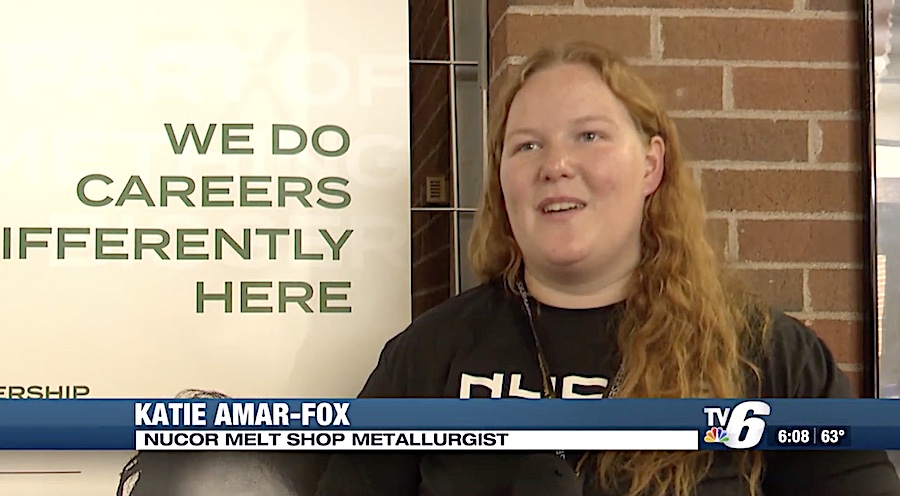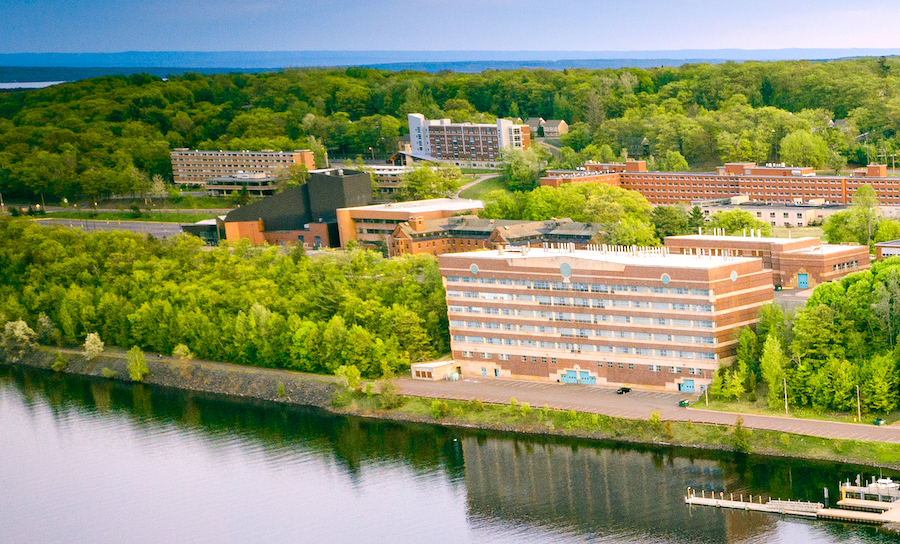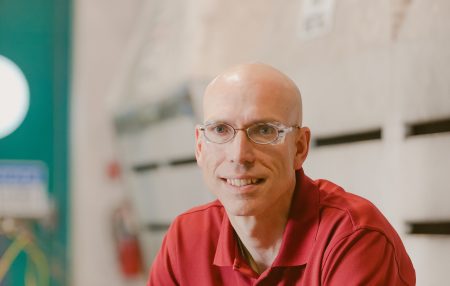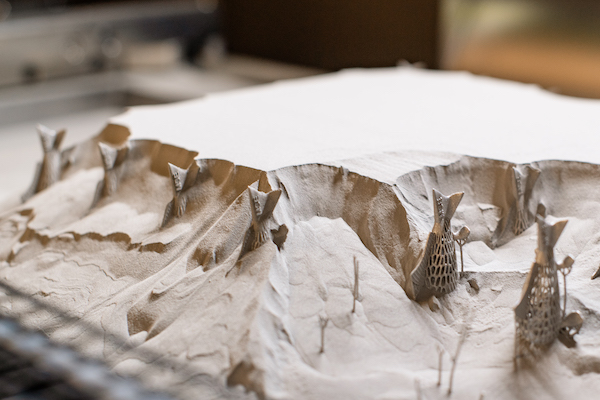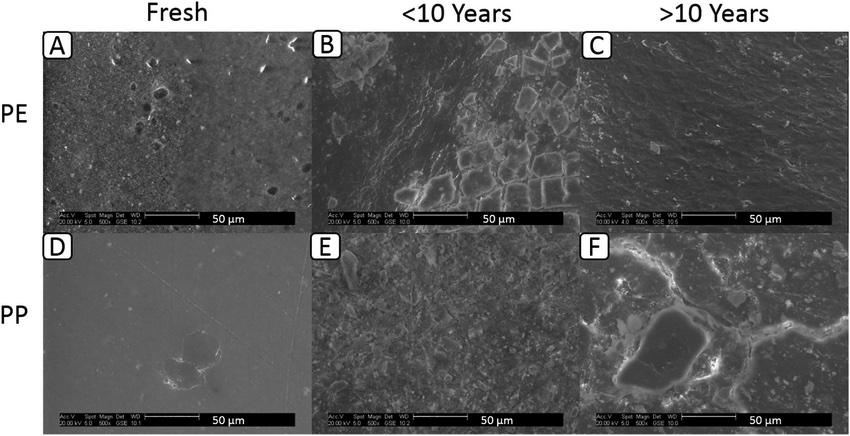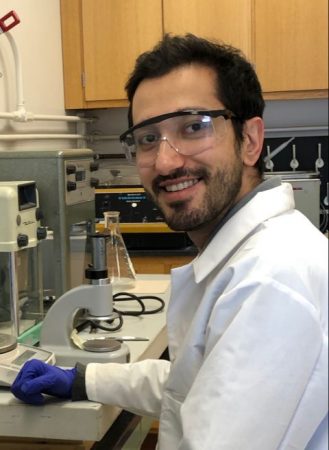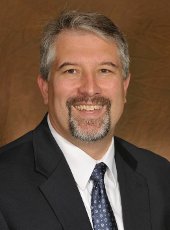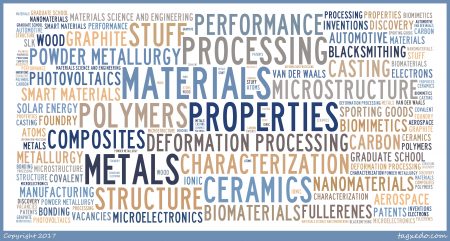Jenna Lane (Career Services) was quoted by WLUC TV6 in a story about Michigan Tech’s fall 2023 Career Fair, held Tuesday (Sept. 19) with 376 employers in attendance. MTU undergraduate Nathaniel Vogler (marketing) and alumna Katie Amar-Fox ’19 (B.S. Materials Science and Engineering) were also quoted in the story.
Nucor Melt Shop Metallurgist Katie Amar-Fox said she was able to kickstart her future because of the career fair.
“I was able to speak with Nucor when I was a second year here at Tech,” Amar-Fox said. “Then, I did a few different internships with them down in Alabama and over in Illinois, then landed a full-time spot down in Arkansas. Since then, I’ve moved up to New York with them. I’ve been really enjoying it.”
